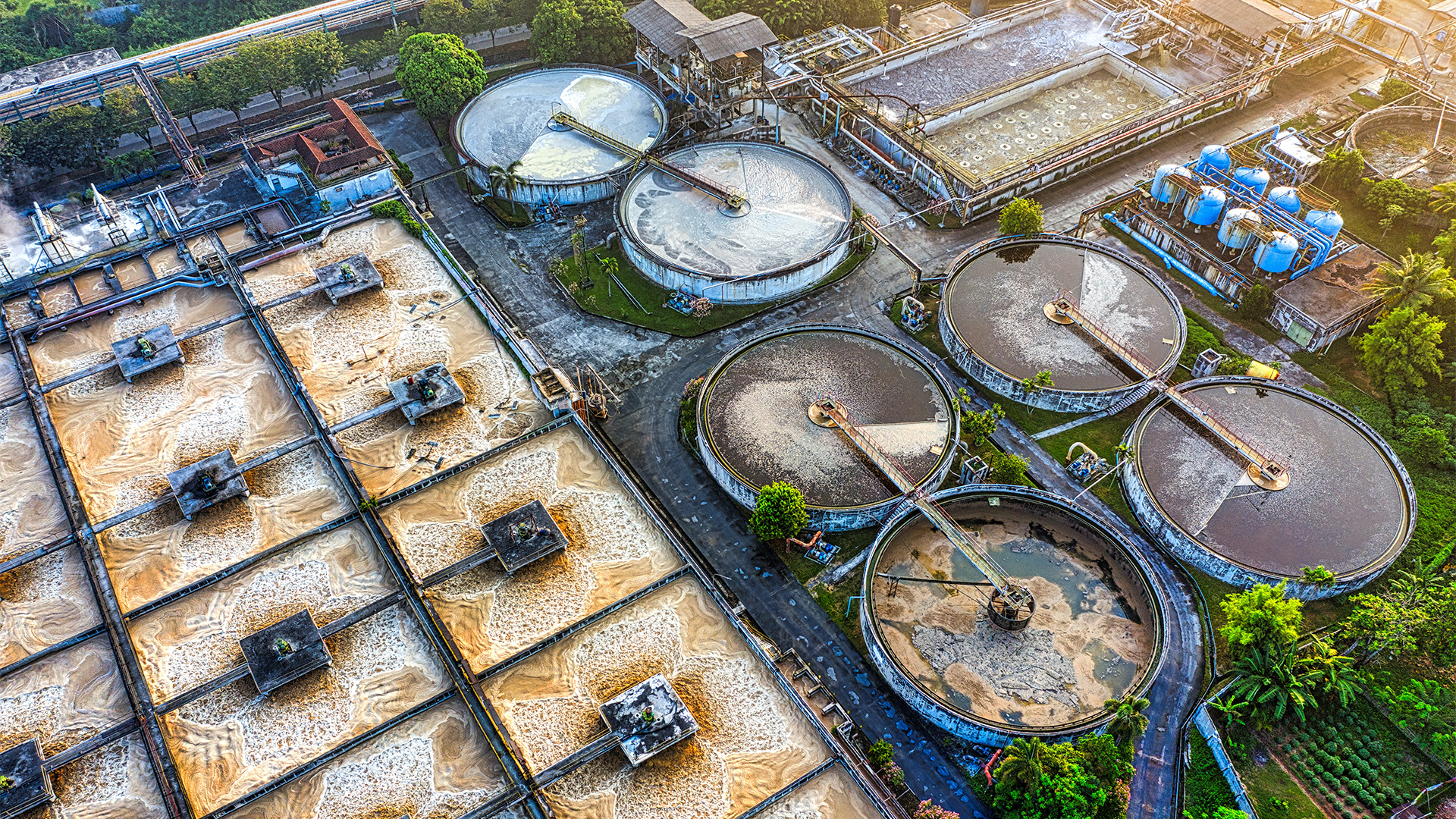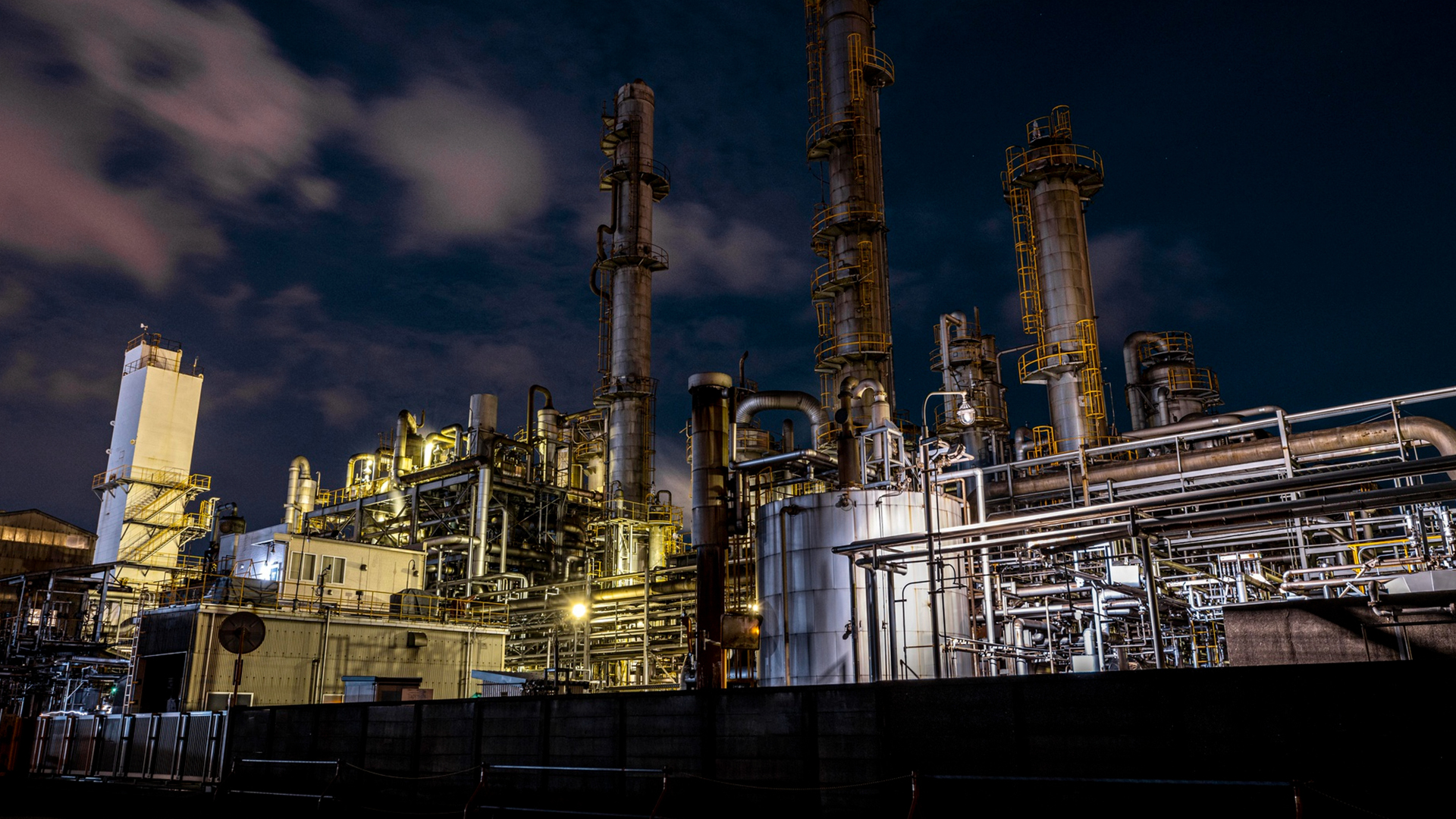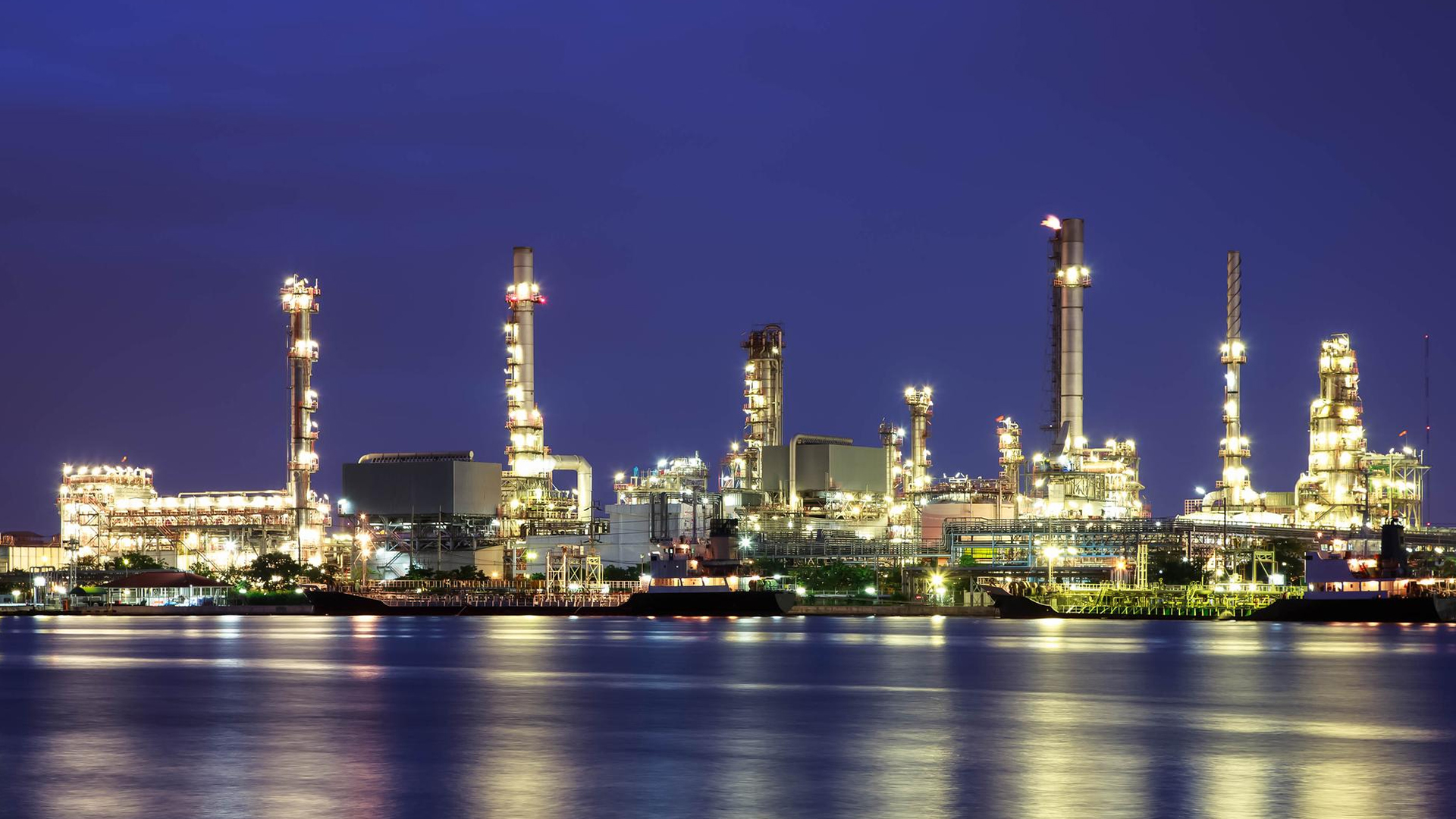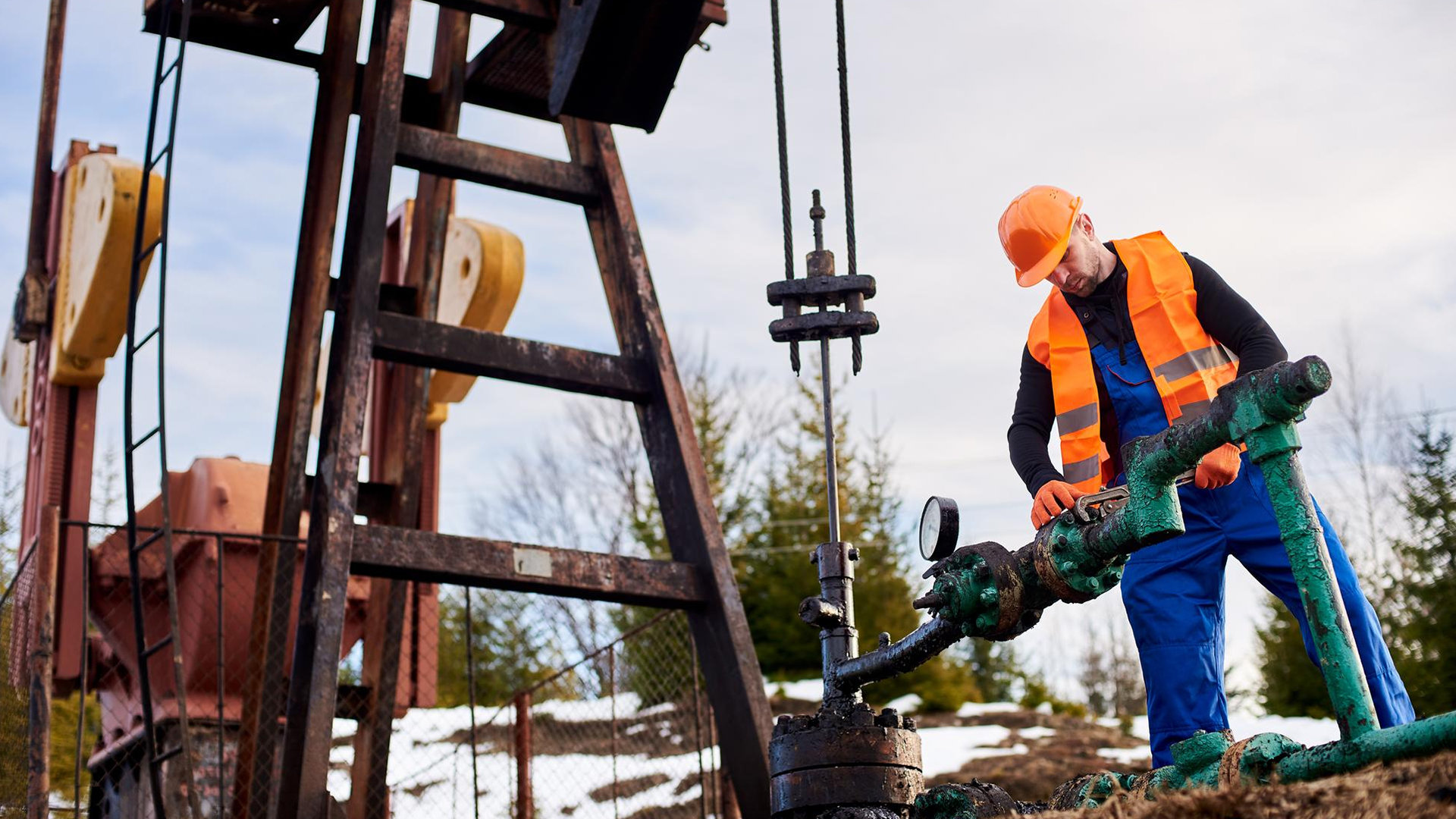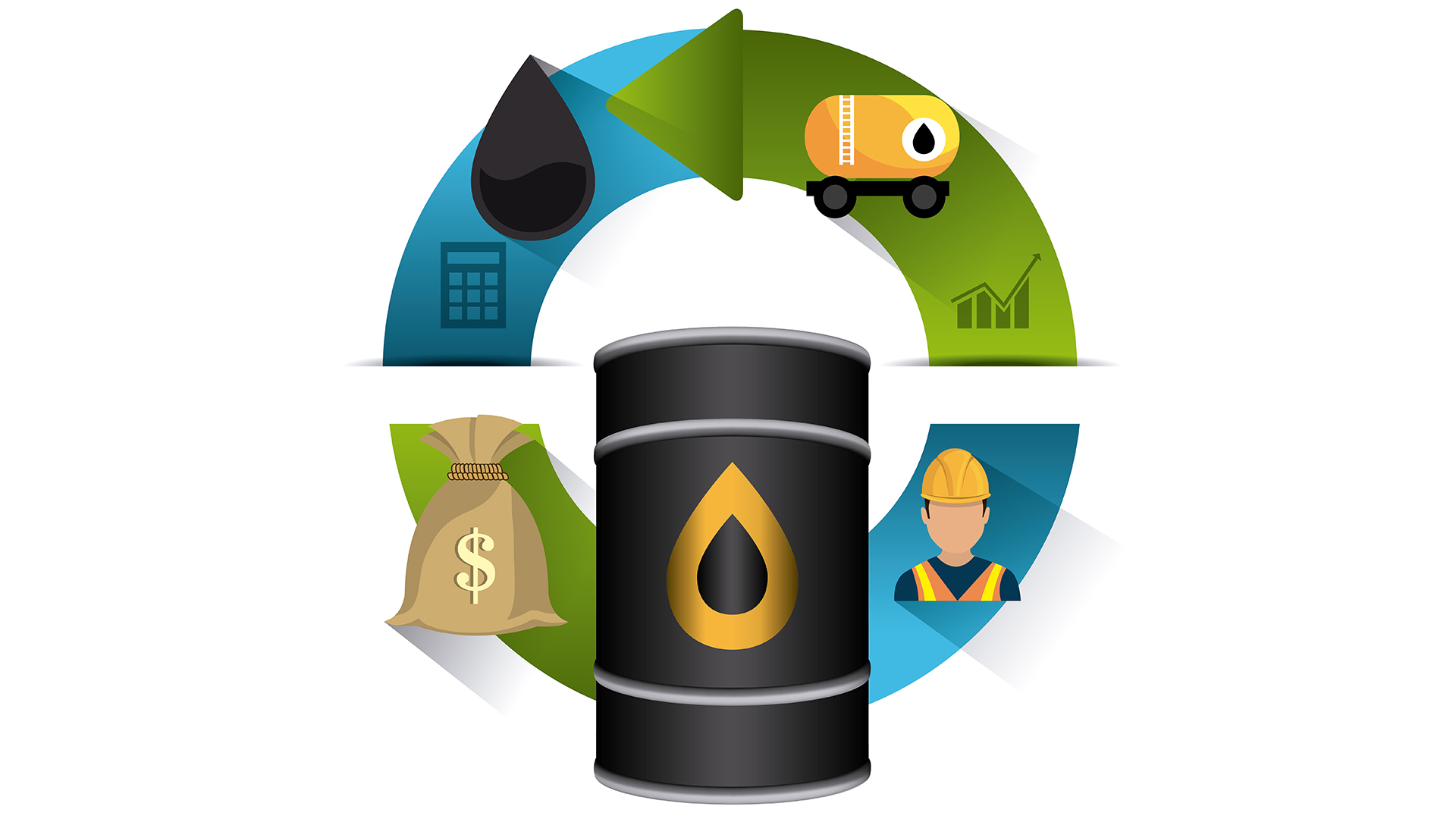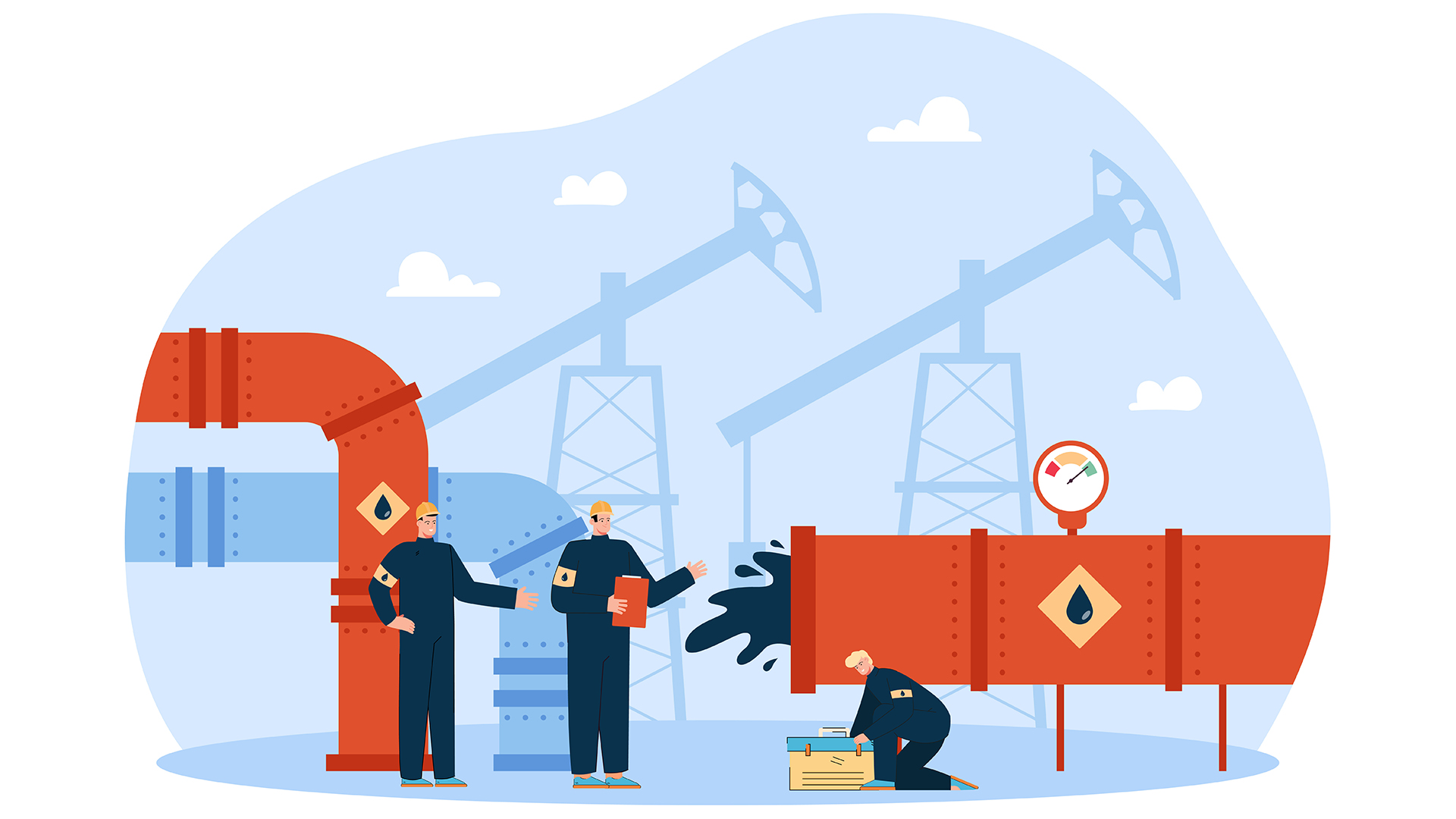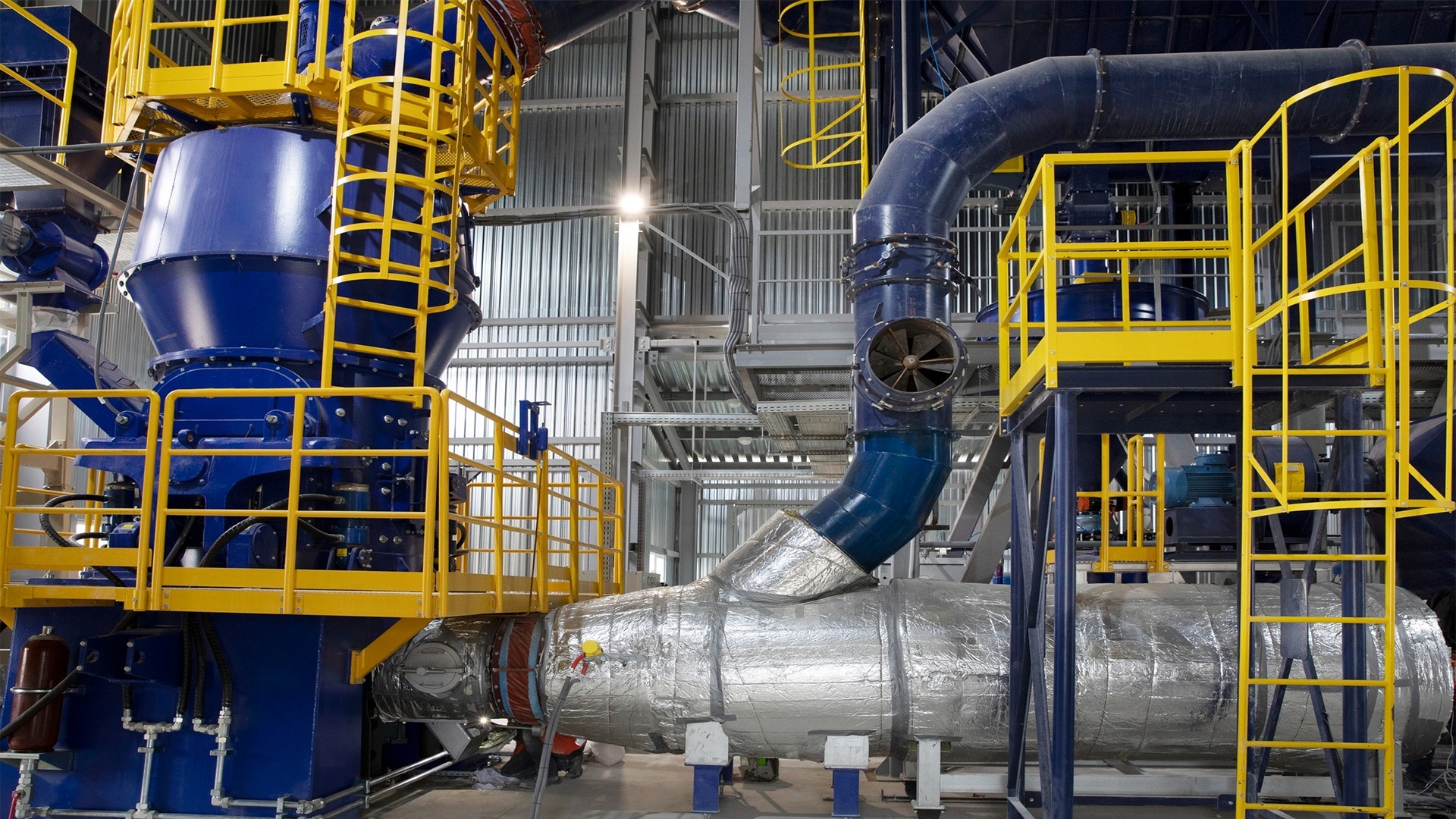
The Complete Guide To Gas Conditioning And Processing
Course overview
How does gas conditioning work?
Natural gas is an important component of the industrial sector on a global scale since it is a high-quality fuel and a chemical feedstock. Before being transported to the final customers, raw natural gas that has been produced from wells must always be conditioned and processed. A step-by-step industrial procedure known as “gas conditioning and processing” is used to rid raw natural gas of impurities such water, hydrogen sulfide, carbon dioxide, and any hydrocarbons with a higher molecular weight.
What does gas processing serve?
Natural gas processing is based on the physical characteristics of raw natural gas and the end-user’s product requirements. It must be pipeline-quality fuel that the commercial, residential, and industrial sectors may use as a chemical feedstock. The method is frequently used in the energy industry, notably in the oil and gas industry, to improve fuel quality, lengthen the equipment’s lifespan, and reduce operational expenses by doing away with equipment maintenance.
With the help of this Training Bee training course, you will be equipped with the most recent knowledge, ideas, and methods for gas conditioning and processing in the oil and gas sector. In order to specify, develop, and manage gas production facilities, you will learn the fundamental ideas of gas conditioning and processing. Through this course, you will gain the knowledge and skills necessary to work effectively in the oil and gas industry, opening up more chances for professional advancement.
Introduction
A basic review of the main ideas, ideas, and procedures involved in getting ready raw natural gas for diverse purposes is given in an introduction to gas conditioning and processing. In order to ensure that the gas satisfies safety, environmental, and quality criteria, gas must first be condition and processed.
In conclusion, gas conditioning and processing are crucial procedures in the oil and gas sector that make sure that raw natural gas is safe, compliant with the environment, and acceptable for a range of applications. This introduction lays the groundwork for comprehending the function and importance of gas processing in the energy industry.
We are The Training Bee, a global training and education firm providing services in many countries. We are specialized in capacity building and talent development solutions for individuals and organizations, with our highly customized programs and training sessions.
Learning Objectives
Upon completing Gas Conditioning and Processing, participants will be able to:
- Use in the oil and gas sector. Overview of the Natural Gas Resources, Properties, Regulations, and Utilization
- A thorough examination of the foundations of natural gas processing is necessary to make sure that all processes adhere to the necessary safety standards.
- Overview of the Oil and Gas Industry’s Separation System and Equipment
- Permit a thorough comprehension of the Gas Conditioning and Treatment processes, including the control systems and safety issues in the Oil and Gas Sector.
- Learn about the Gas Field Operations and Inlet Receiving while keeping in mind the issues of safety and the environment.
- Become thoroughly knowledgeable about Natural Gas Compression, Equipment Type, and Compression Selection.
Our Unique Training Methodology
This interactive course comprises the following training methods:
- Journaling – This consists of setting a timer and letting your thoughts flow, unedited and unscripted recording events, ideas, and thoughts over a while, related to the topic.
- Social learning – Information and expertise exchanged amongst peers via computer-based technologies and interactive conversations including Blogging, instant messaging, and forums for debate in groups.
- Project-based learning
- Mind mapping and brainstorming – A session will be carried out between participants to uncover unique ideas, thoughts, and opinions having a quality discussion.
- Interactive sessions – The course will use informative lectures to introduce key concepts and theories related to the topic.
- Presentations – Participants will be presented with multimedia tools such as videos and graphics to enhance learning. These will be delivered engagingly and interactively.
Training Medium
This Gas Conditioning and Processing training is designed in a way that it can be delivered face-to-face and virtually.
Course Duration
This training is versatile in its delivery. The training can be delivered as a full-fledged 40-hour training program or a 15- hours crash course covering 5 hours of content each day over 3 days
Pre-course Assessment
Before you enroll in this course all we wanted to know is your exact mindset and your way of thinking.
For that, we have designed this questionnaire attached below.
- Give your own definition of gas conditioning and processing.
- What are the main justifications for treating and modifying natural gas?
- Name the main elements that make up natural gas in its unprocessed form.
- What makes sour gas different from sweet gas?
- What is the objective of purifying natural gas of contaminants like carbon dioxide (CO2) and hydrogen sulfide (H2S)?
- Describe the dehydration process used in the production of natural gas. Why is it crucial?
- What are some typical techniques for purifying natural gas of impurities?
- How does the Joule-Thomson effect affect the processing of gas?
- Describe the meaning of the natural gas dew point concept.
Course Modules
This Gas Conditioning and Processing covers the following topics for understanding the essentials of the Agile Workplace:
Module 1 – Overview of Natural Gas
- Overview of natural gas.
- Natural gas phase behavior.
- Regulations for natural gas.
- Utilization of Natural Gas
Module 2 – Natural Gas Qualities
- Chemical and physical characteristics
- Gas Density Laws
- Viscosity
- Particular Gravity
- Compressibility
- Characteristics of Combustion
Module 3 – Process Fundamentals for Natural Gas
- Overview of Gas Processing.
- Gas processing’s scope.
- The processing’s sensitivity to the type of gas.
- Characteristics of pipeline gas.
- Place of the Gas Field.
Module 4 – Separation Mechanisms
- Introduction.
- Phase separation principles.
- Influences on Separation.
- Separating Devices
Module 5 – Plant for Processing Gas
- Overview of Plant Processes and Utilities
- Control Mechanisms
- Safety Devices
Module 6 – Operations and Receiving in the Gas Field
- Introduction
- Field Operations for Gas.
- Hydrates in gas.
- Receiving of Inlet Gas.
- Considerations for Safety and the Environment
Module 7 – Compression of Gas
- Overview of Gas Compression.
- Compression of Gas Thermodynamics.
- Compressor types.
- Choosing a type of compressor.
- Considerations for Safety and the Environment
Module 8 – Treatment of Acid Gas
- Process Introduction for Treating and Removing Acid Gas (CO2, H2S)
- Process Selection for Acid Gas Treatment
- Systems for Sweetening based on Membranes
- Process of Recovering Sulfur
Module 9 – Delivery of Natural Gas
- Introduction.
- The basics of gas flow.
- Gas pipeline design considerations.
- Operation of pipelines
- Natural gas transportation and storage
Post-course Assessment
Participants need to complete an assessment post-course completion so our mentors will get to know their understanding of the course. A mentor will also have interrogative conversations with participants and provide valuable feedback.
- Give an explanation of what gas conditioning and processing are, as well as some examples of how important they are to the oil and gas sector.
- Explain the distinctions between sweet and sour gas as well as the difficulties involved in processing each type.
- Identify the main contaminants in raw natural gas that are removed using what techniques.
- Describe the essential stages involved in dehydrating natural gas. Dehydration is crucial, so why?
- Describe the Joule-Thomson effect and how it relates to the processing of gases.
- What is the natural gas dew point, and why is it important to comprehend it for processing?
- Describe in detail the equipment and procedures required to separate natural gas liquids (NGL) from unprocessed natural gas.
Lessons Learned
Understanding the crucial function gas conditioning and processing play in the oil and gas sector is one of the essential lessons to be learned. The fact that impurities and contaminants must be removed from natural gas before it can meet safety and environmental standards and be used in a variety of applications should have been taught to students.
Safety Awareness: Processing gas entails handling potentially dangerous substances, particularly when dealing with sour gas (which contains hydrogen sulfide). Students ought to have developed a greater understanding of the safety procedures and safeguards necessary in gas processing facilities to safeguard both workers and the environment.
Techniques for Impurity Removal: Students should be familiar with several methods, such as dehydration, sweetening, and the separation of natural gas liquids (NGL), for eliminating impurities from natural gas. It is essential to comprehend the underlying theories behind these procedures as well as the equipment used.
The importance of compression in gas processing and how it affects the physical characteristics of gas, particularly the Joule-Thomson effect, were probably discussed throughout the course. Students must to have acquired good management skills for these variables.
Environmental Factors: The processing of gas has an immediate effect on the environment. Environmental laws, emission-reduction strategies, and the significance of ethical resource management in the sector should all be understood by the students.

